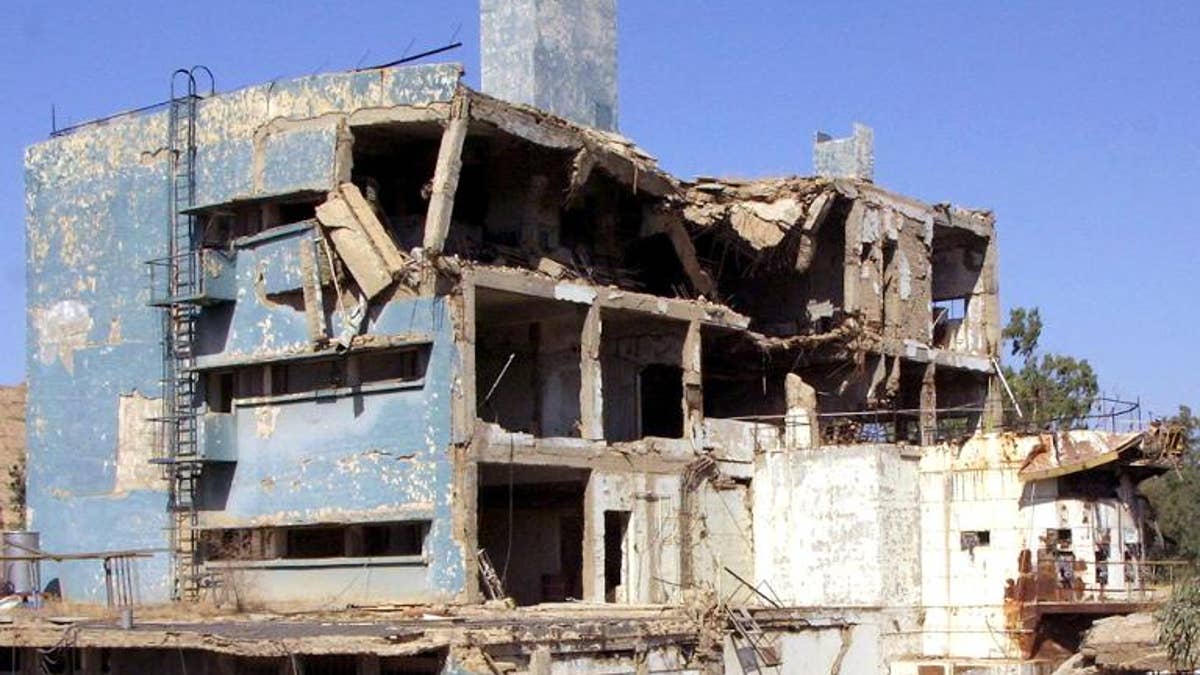
Journalists are shown Iraq's Osirak nuclear reactor in the town of al-Toweitheh, on September 9, 2002 (AFP/File)
Vienna (AFP) – Iraq ratified Friday the Comprehensive Nuclear Test Ban Treaty (CTBT), an accord that however cannot enter into force until the United States, China and six other states follow suit.
"Iraq's commitment to relinquish the most devastating kind of weapons by banning nuclear explosions ... inches us closer towards the realisation of a zone free of nuclear weapons in the Middle East," said Lassina Zerbo, executive secretary of the Comprehensive Nuclear-Test-Ban Treaty Organization (CTBTO).
Iraq's move, formalised at UN headquarters in New York, raises the number of countries that have adhered fully to the treaty to 161.
In the Middle East, Egypt, Israel, Iran, and Yemen have not yet ratified the CTBT, while Saudi Arabia and Syria remain outside as non-signatories.
Efforts to create a zone in the Middle East free of nuclear weapons have failed to make progress, with a hoped-for meeting in late 2012 failing to take place.
To enter into force, the CTBT must be signed and ratified by 44 specific states, only 36 of which have done so including France, Russia and Britain.
The remaining eight are China, the United States, India, Pakistan and North Korea; Israel, widely believed to have atomic weapons; Iran, suspected of wanting them; and Egypt.
Iraq under Saddam Hussein was found to have had a secret nuclear weapons programme which was disbanded following the 1991 Gulf War.
In 1981 Israel bombed Iraq's Osirak nuclear reactor.
The US-led invasion in 2003 was in part carried out on the pretext that Saddam was seeking nuclear weapons, but to date no evidence of this has been found.
